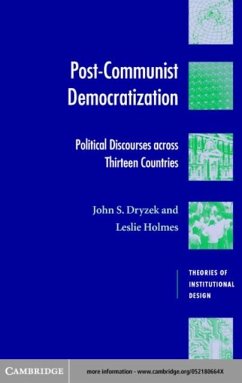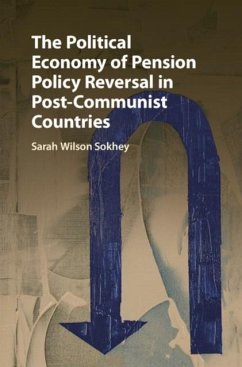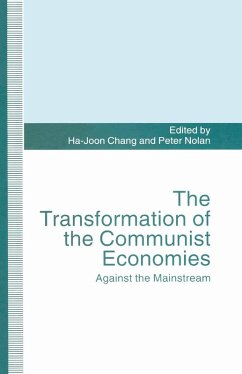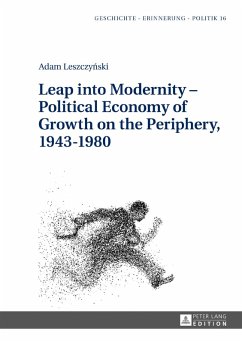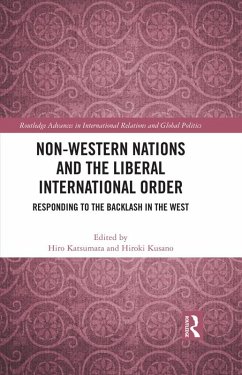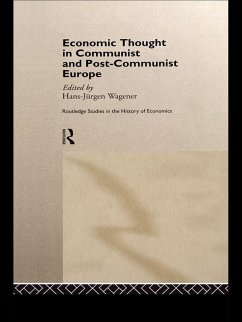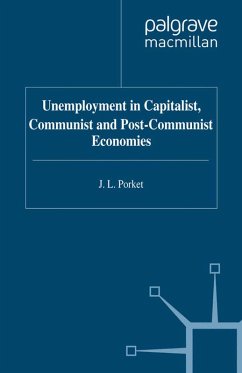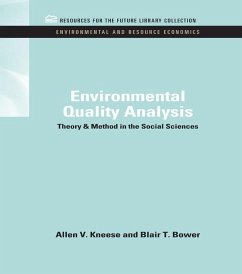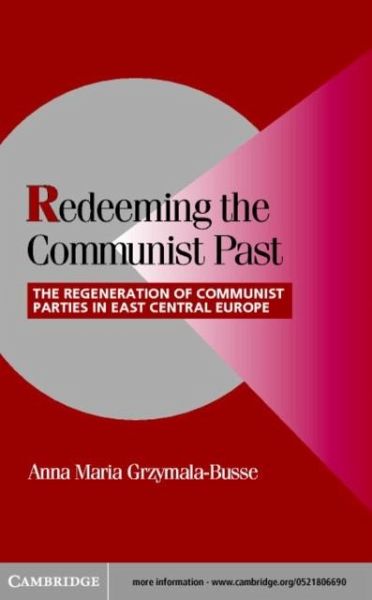
Redeeming the Communist Past (eBook, PDF)
The Regeneration of Communist Parties in East Central Europe
Versandkostenfrei!
Sofort per Download lieferbar
22,95 €
inkl. MwSt.
Weitere Ausgaben:

PAYBACK Punkte
11 °P sammeln!
This major study examines one of the most surprising developments in East Central European politics after the democratic transitions of 1989: the completely unexpected regeneration of the former communist parties. After the collapse of the communist regimes in 1989, these ruling communist parties seemed consigned to oblivion. However, confounding scholarly and popular expectations, all of these parties survived. Some have even returned to power. This in-depth, comparative study systematically analyzes the trajectories of four cases: the Czech Republic, Slovakia, Poland, and Hungary (with addit...
This major study examines one of the most surprising developments in East Central European politics after the democratic transitions of 1989: the completely unexpected regeneration of the former communist parties. After the collapse of the communist regimes in 1989, these ruling communist parties seemed consigned to oblivion. However, confounding scholarly and popular expectations, all of these parties survived. Some have even returned to power. This in-depth, comparative study systematically analyzes the trajectories of four cases: the Czech Republic, Slovakia, Poland, and Hungary (with additional examination of other communist party successors). Relying on extensive, and unprecedented, primary research, this analysis employs a consistent analytical framework that combines the peculiarities of the post-socialist cases with broad theoretical concerns of institutional analysis, democratic transitions and consolidation, and party politics.
Dieser Download kann aus rechtlichen Gründen nur mit Rechnungsadresse in A, B, BG, CY, CZ, D, DK, EW, E, FIN, F, GR, HR, H, IRL, I, LT, L, LR, M, NL, PL, P, R, S, SLO, SK ausgeliefert werden.




